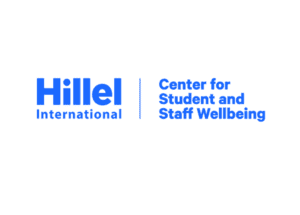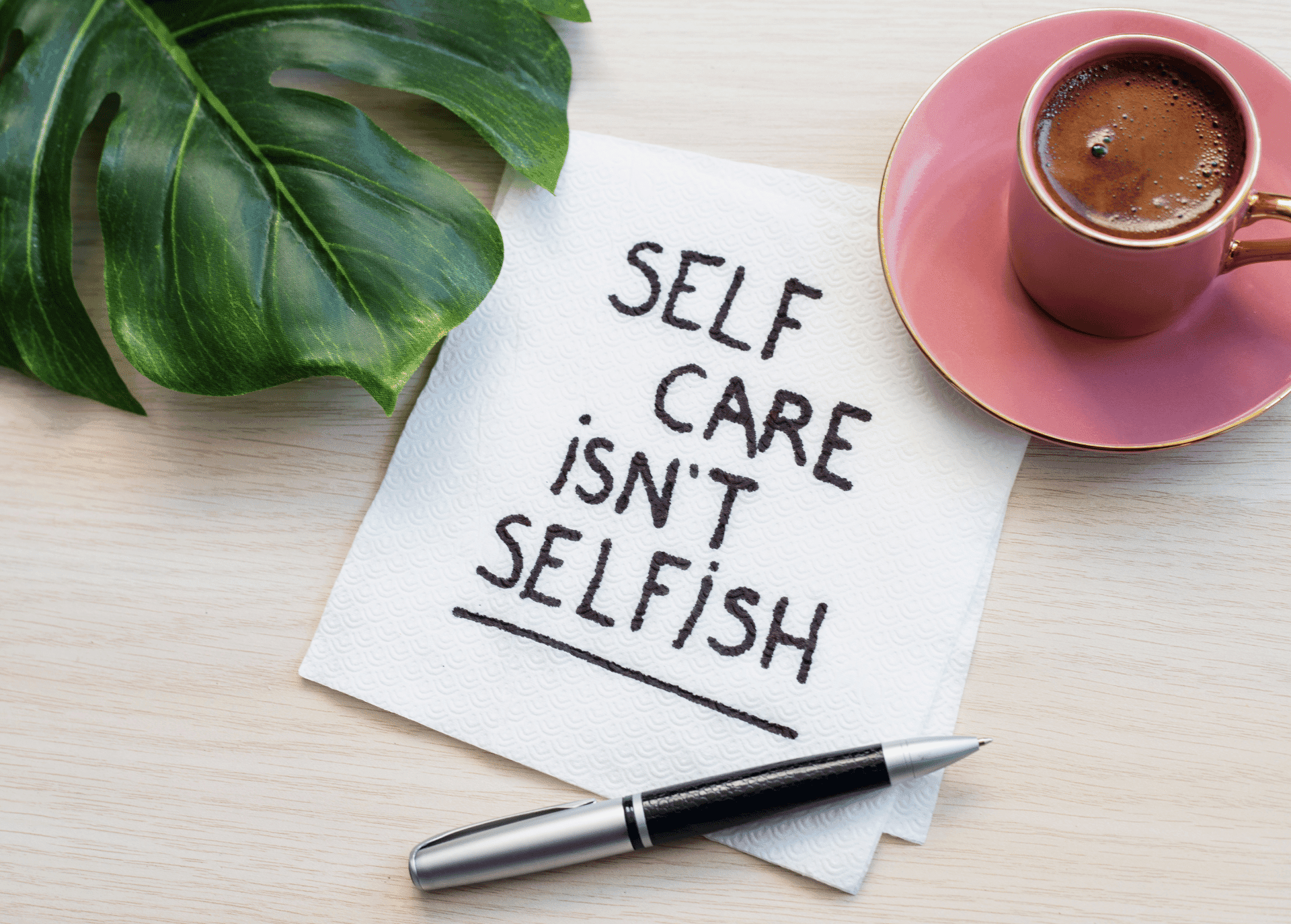This is a particularly difficult moment, and many of us are in pain. Thankfully, we are not alone. You are not alone. Collectively, we can draw strength from each other, from Jewish wisdom, and from community to help us navigate these times.
Below are suggestions of ways to care for yourself.
If these suggestions feel insufficient, please reach out to a trusted loved one, a Hillel staff member, a campus resource, or a mental health professional.
If you need support from a friend or professor here are samples of what to say:
- “I’m deeply impacted by the events of the last two weeks, and ask for your empathy and kindness, even if you don’t understand how I’m feeling”
- “I may be slower to respond than usual, but appreciate you checking in”
- “What’s happening in Israel is deeply personal to me and many other Jewish students. We’re in pain and mourning for the lives that have been lost, and that’s where my attention and emotions are.”
- “I need support in this moment, and not able to reciprocate right now.”
- If you’d like to reach out to a professor, here is a sample email you can adapt, asking for flexibility or support from a professor.
Here are some common situations, with suggestions to address them:
- Feeling hungry, but don’t have much of an appetite? That can happen when our systems are in shock. Hydrate and focus on nutrition for nourishment. Ask someone to join you for lunch, or bring you something to eat.
- Feeling angry, overwhelmed, or at your limit? Focus on the next right thing that you need. Not everything, just the first step. Ask a professor for an extension, call a friend, or start simply by taking a break.
- Feeling isolated? Ask a friend to come over and hang out, watch a movie, or study. Nothing has to be “wrong” for you to want comfort or connection.
- Feeling tired but can’t sleep? This can happen during times of stress. You can use your brain to calm your body (find a sleep meditation that you can listen to) or your body to help calm your brain (like soothing yourself with your senses by taking a shower or drinking herbal tea). Hugs also help.
- Doom-scrolling? Quiet alerts, set limits, or put your phone on airplane mode.
- Having difficulty concentrating? Take a break and move your body. Make sure you’re resting your brain. If you’re not sleeping, everything else is harder. If you continue to struggle, make an appointment with a medical professional.
- Experiencing physical discomfort or unexplained symptoms? Seek medical care. Go to your campus medical center or an urgent care as needed.
- Using alcohol or drugs in an attempt to cope? Be gentle with yourself. See if you’re able to limit your use on your own, otherwise talk to a trusted resource, therapist, or medical professional.
Try an idea, or two, from the list below that will help you care for yourself.
- Be gentle with yourself and others. Notice your feelings without judgment.
- Make sure you’re covering at least the basics for your body: eat food, drink water, wash yourself, and rest. When we’re in shock our physical instincts may not work as usual, so set reminders as needed.
- Let yourself cry. There is a Jewish proverb that says, “What soap is for the body, tears are for the soul.”
- Check in on people you care about. Offer to listen. Say “I love you.”
- Spend time with people you can be yourself with, without needing to be “on.”
- Get cozy. Wear sweatpants, eat soup, and watch your favorite movie. Taking a break from engaging with current events is ok, and important.
- Hug a friend, dog, or pillow.
- Gently move your body – walk, run, swim, dance, stretch, practice yoga, play. Bonus: this can help release tension so you can sleep.
- Look for opportunities to be of service to others. Do a random act of kindness. Volunteer, or donate blood. Visit someone who could use support.
- Take breaks from news and social media. Set app limits. Silence your alerts.
- Spend time outside, looking at the sky, mountains, or stars. Put your feet in the grass. Plant something.
- Use mindful practices to feel present in the here and now – color, walk, eat, listen to a guided meditation, or use ASMR.
- Pray, however you feel called. Sing, read, meditate, or express gratitude.
- Take a break to relax, even if you think it won’t “work.” Your brain needs to rest.
- Use At the Well’s activities to enhance resilience, and playlist for strength.
- Listen to music that evokes relaxation. Here are some suggestions of contemporary Jewish music that may bring you comfort:
- If Not Now, by Carrie Newcomer performed by Dana Bederson while sheltering in Israel
- Oseh Shalom, Elena Jagoda
- Shalom Rav, Alex Blue
- Ahavat Olam, Platt Brothers
- Hashkivenu, by Dan Nichols
- Prayer of the Mothers, Yael Deckelbaum









